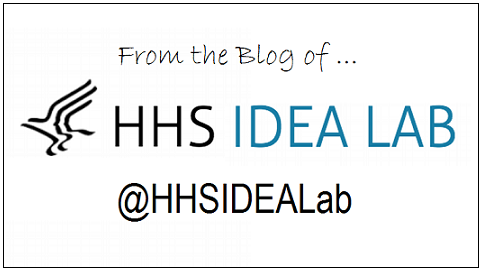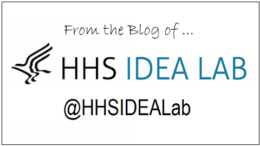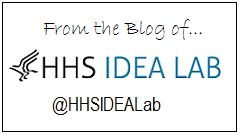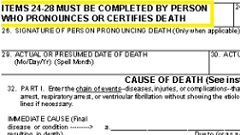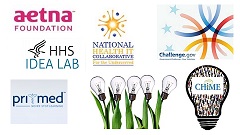A Primer on FHIR
By Paula Braun – Not long ago, health records were paper files locked away in cabinets. Thanks to advancements in technology and national incentives, these records are largely digitized and their roles have evolved beyond a means of documenting care. Now, people look to data captured in electronic health records (EHRs) to create a deeper understanding of wellness and diseases, identify threats to public health, and determine what interventions work best for whom.
Read More
